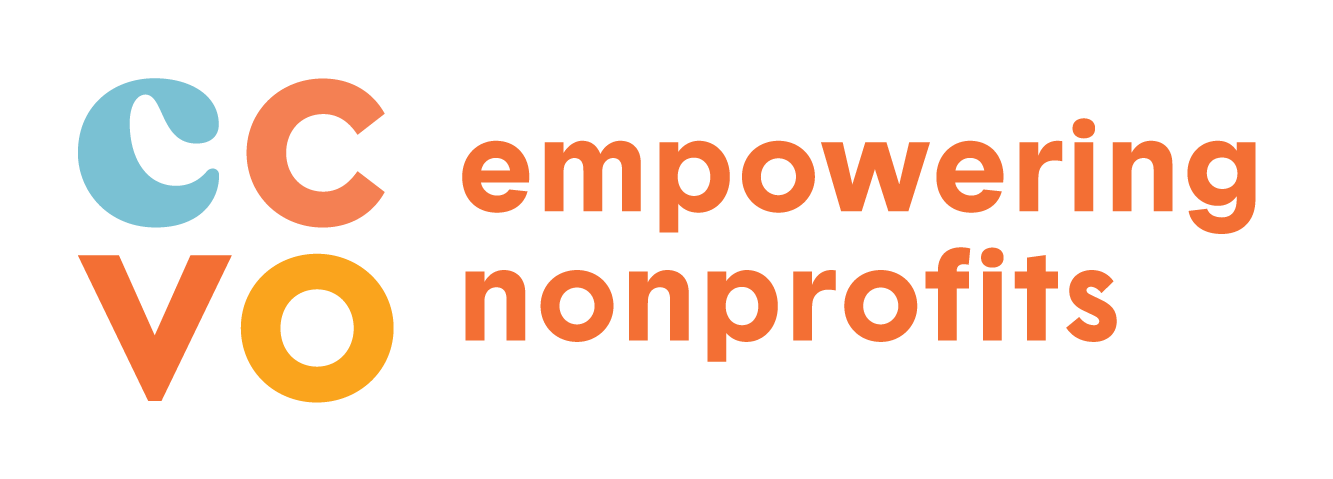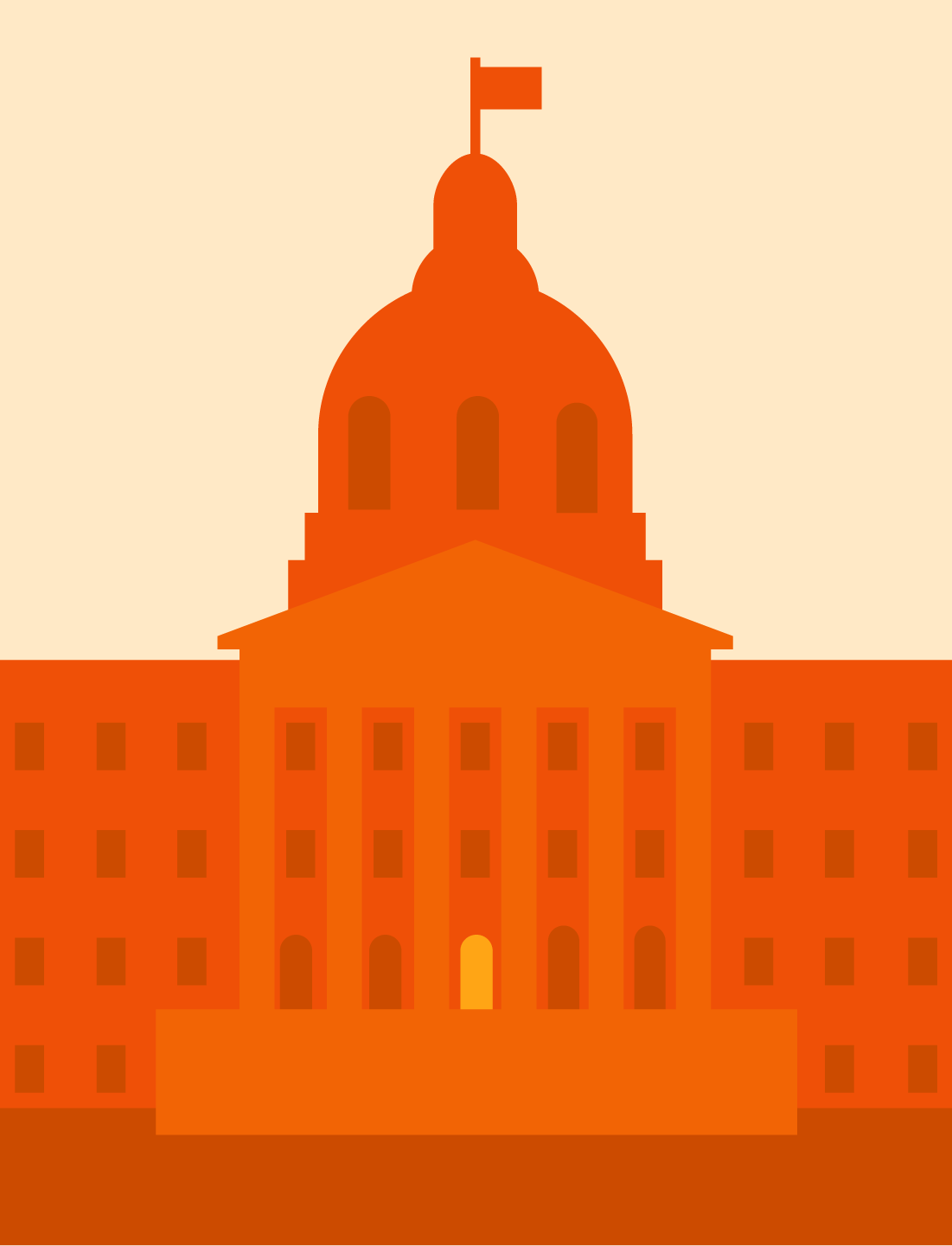What Alberta Nonprofits Need to Know Post-election
Alberta Voted! What does that mean for nonprofits?
Albertans went to the polls on May 29 - some of us proudly bearing our party hats!
The results? 59.5% of eligible voters turned up at the polls, representing an 8% drop from 2019’s 67.5%, but including a record-breaking 758,640 participating in the advanced polls. The UCP was re-elected with 52.6% of the popular vote and 49 seats, and the NDP garnered 44% of the popular vote and 38 seats - Alberta’s largest official opposition on record.
What this means for Alberta nonprofits:
Take the opportunity to congratulate your new representatives!
The budget passed in March 2023, and the re-elected UCP made additional commitments during the election period. You can assess how this impacts your organization and sub-sector.
Communicating the needs of your organization with the government and opposition is always recommended. Both government and critics can introduce issues in the Legislature, set meetings, and ask questions of the current administration.
To help you with next steps, we’re sharing three things: 1) who your ministers and critics are; 2) our advocacy tools; and 3) key items in the UCP Platform and Government of Alberta Budget.
1.Know your ministers and critics
Alberta welcomes 25 new ministers to cabinet and 38 critics from the official opposition. We’ve made it easy to get in touch!
2. Share your priorities with decison-makers
The basics of advocacy remain the same post-election. Check out CCVO’s Provincial Advocacy Tools here!
3. Know the budget and UCP platform Commitments
We did a light review of the 2023 Budget and UCP Platform prior to the election. Here are a few highlights in addition to that analysis to keep in mind:
1. The 2023-2024 budget places an emphasis on economic stability and security for low-income Albertans. Housing, affordability, and labour market participation are all areas of focus, with the budget substantially increasing funding for disability services, homeless outreach, affordable transportation, and food banks, as well as establishing the Alberta at Work program and Affordability Action Plan. The Affordability Action Plan allocates $2.8 billion in financial relief for Albertans facing a rapidly rising cost of living. While this acknowledges some of the needs that have driven the increasing demand from Alberta’s nonprofit sector, the program’s limited scope fails to recognize the crucial role nonprofits play in this area, and without increased investment will continue to struggle to keep pace.
2. After a lull in government action, sports and recreation surpassed its pre-pandemic funding. With the $104 million commitment toward refurbishing outdoor recreational facilities, and a $11.5 million (~30%) increase to the Community Facility Enhancement Program, it seems to be a focus for the fiscal year.
3. Funding for arts and culture continues to fall behind both pre-pandemic and forecasted levels. The impacts of rising costs on the sector have been exacerbated as supports, which are not indexed to inflation, have either stagnated or fallen. Funding for the arts is still 10% lower than 2019 levels, while cultural industries have been reduced by 70% in the same time frame.
4. The Premier’s Council on Charities and Civil Society is mentioned in Budget 2023, in the context of “expand[ing] (...) capacity to address emerging social issues” (Business Plan 2023 – 26. Pg. 113) and it will be an area to watch for any forthcoming financial commitments.



